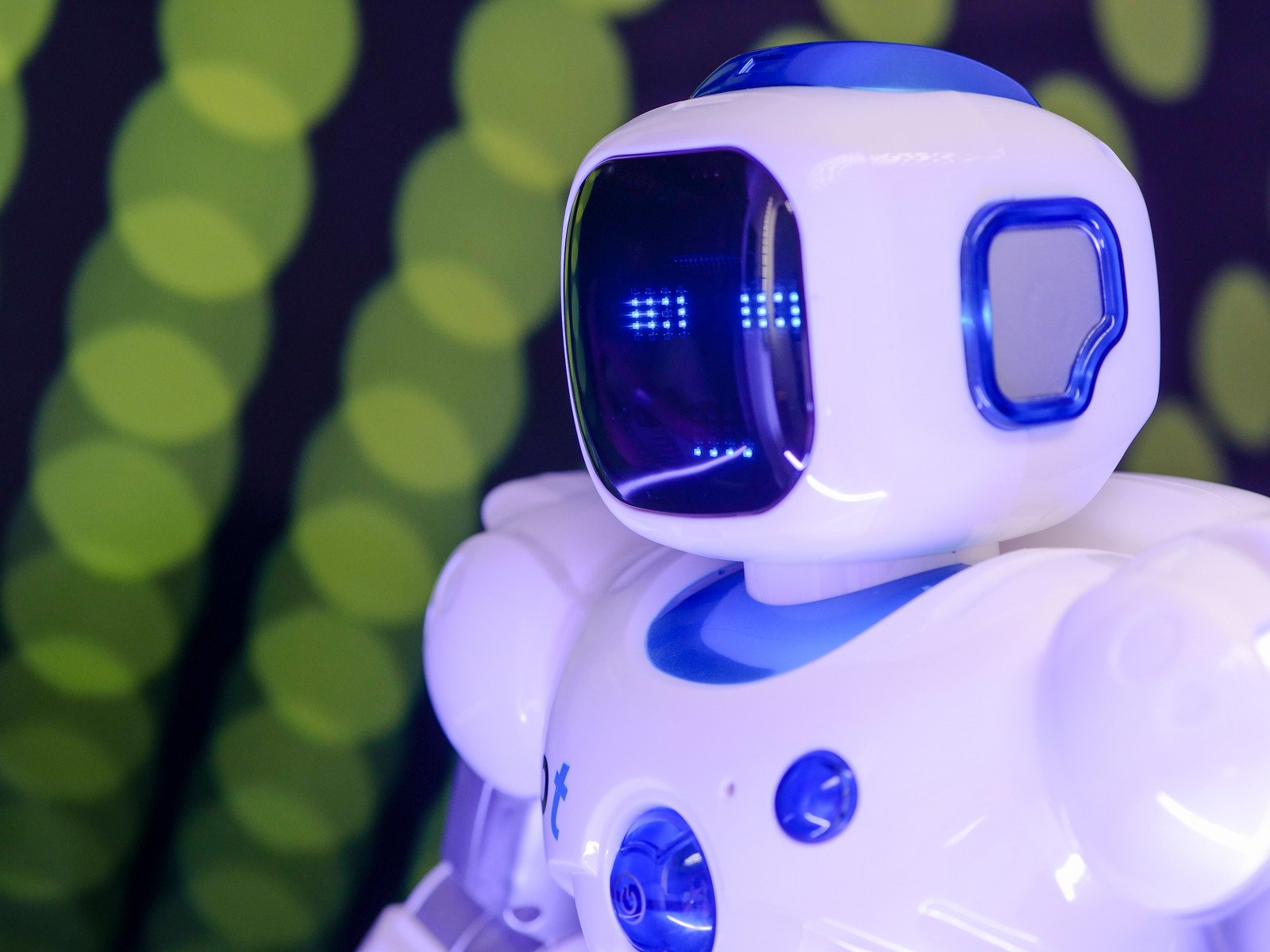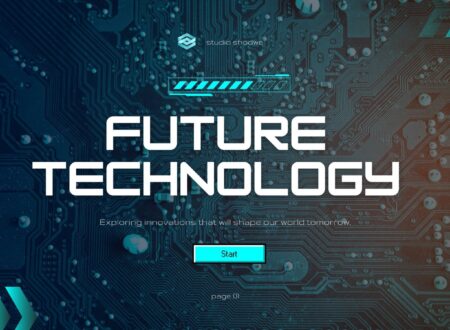Not long ago, Artificial Intelligence (AI) was something we only saw in science fiction. Fast forward to today, and it’s seamlessly integrated into our daily lives—sometimes without us even realizing it. From the way we shop and work to how we travel and entertain ourselves, AI is reshaping everyday life in profound and powerful ways.
In this blog, we’ll explore how AI is transforming the modern world, the benefits it’s bringing, and what we can expect in the near future.
What Is Artificial Intelligence, Really?
At its core, AI refers to the development of computer systems capable of performing tasks that typically require human intelligence. These include things like:
- Learning from data (machine learning)
- Recognizing speech or images
- Understanding language (natural language processing)
- Making decisions or predictions
Unlike traditional software, which follows a fixed set of rules, AI systems learn and adapt—getting better over time based on the data they process.
Everyday Ways AI Is Making an Impact
1. Virtual Assistants and Smart Devices
Think about Siri, Alexa, or Google Assistant—chances are you’ve interacted with one of them. These voice-activated AI helpers can:
- Set reminders
- Answer questions
- Control smart home devices
- Play music or read the news
Behind the scenes, natural language processing (NLP) and machine learning allow these assistants to understand and respond more accurately the more they interact with you.
Smart thermostats, lights, and even refrigerators also use AI to learn your preferences and habits—automating your environment for comfort and efficiency.
2. Personalized Recommendations
Whether you’re browsing Netflix, scrolling Spotify, or shopping on Amazon, AI is quietly curating your experience. These platforms use algorithms to track your behavior and suggest content or products tailored to your interests.
The result? You get a more personalized, relevant, and convenient experience every time you log in.
3. Healthcare and Wellness
AI is transforming healthcare by improving diagnosis, treatment, and patient care. Some notable uses include:
- Early detection: AI tools can analyze medical images and identify early signs of diseases like cancer with high accuracy.
- Virtual health assistants: Chatbots and apps like Ada or Babylon Health can guide users through symptoms and offer recommendations.
- Wearables and health monitoring: Devices like Fitbit or Apple Watch use AI to track your heart rate, sleep patterns, and activity levels, offering insights into your overall wellness.
As the tech improves, expect AI to play a bigger role in telemedicine and preventative care.
4. Finance and Budgeting
Gone are the days of manually balancing your checkbook. AI-powered apps like Mint, YNAB, and Cleo help users:
- Track spending
- Create budgets
- Receive financial advice
- Get alerts about suspicious transactions
Banks also use AI to detect fraud, approve loans, and assess credit risk more efficiently and accurately than ever before.
5. Transportation and Navigation
If you’ve used Google Maps or Waze, you’ve benefited from AI. These apps analyze real-time traffic data, construction reports, and user activity to give you the fastest route possible.
AI is also behind:
- Ride-hailing apps (like Uber and Lyft) that match riders with drivers using dynamic pricing and location data
- Self-driving vehicles, which use AI to process massive amounts of information from sensors, cameras, and GPS systems
While fully autonomous vehicles are still being perfected, they are no longer the stuff of science fiction.
6. Customer Service and Chatbots
Businesses are increasingly relying on AI-powered chatbots to handle customer inquiries. These bots can:
- Answer FAQs instantly
- Provide order updates
- Solve common issues without human intervention
Not only do they reduce wait times, but they also free up human agents to handle more complex concerns.
7. Work and Productivity
AI is streamlining workflows and enhancing productivity across industries. For example:
- Email filtering and smart replies save you time
- AI writing tools (like ChatGPT) assist with content creation, brainstorming, and editing
- Project management tools suggest task priorities and flag bottlenecks
In more technical fields, AI is used for data analysis, predictive modeling, and automating repetitive tasks.
Ethical Considerations and Challenges
While AI brings immense benefits, it also raises important questions:
- Privacy: AI systems rely on data—often personal data. How is that data being used, stored, and protected?
- Bias: If AI is trained on biased data, it can produce biased results, affecting decisions around hiring, lending, or law enforcement.
- Job displacement: Automation may replace some human jobs, especially those involving repetitive tasks. While new roles will emerge, retraining will be essential.
- Dependence: As we rely more on AI, there’s concern about losing critical thinking skills or becoming too dependent on technology.
It’s crucial that as AI continues to evolve, regulations, ethics, and human oversight evolve alongside it.
What’s Next for AI?
The future of AI is full of potential. Here are a few areas to watch:
- AI in education: Personalized learning experiences tailored to individual student needs
- Creative AI: Tools that assist in music composition, art generation, and video editing
- Advanced robotics: AI-powered robots that can assist in hospitals, warehouses, or even homes
- Emotionally intelligent AI: Systems that can detect human emotions and respond with empathy
As AI becomes more embedded in our daily lives, it’s likely to be as invisible and essential as electricity—something we use constantly without thinking twice.
Final Thoughts
Artificial Intelligence is no longer a futuristic concept—it’s a living, breathing part of our everyday world. From smart homes and healthcare to shopping and work, AI is reshaping how we live, connect, and solve problems.
While we must navigate the ethical challenges and potential downsides, the opportunities are vast. The key is to use AI mindfully—embracing its benefits while staying informed and in control.
AI isn’t replacing us. It’s enhancing us. And as we move forward, the smartest thing we can do is learn how to work with it, not against it.





